Professional Endorsements
The Whole30® program receives widespread acclaim from medical professionals and experts across various fields, who commend it for its effective approach to eliminating food sensitivities and promoting overall wellness. These endorsements highlight the program’s success in not only improving dietary habits but also in fostering a deeper understanding of how food impacts individual health and well-being.

Ellen Vora, MD
Holistic Psychiatrist and author of The Anatomy of Anxiety
As a psychiatrist, I wholeheartedly recommend the Whole30 program, and I use it frequently as a tool in my practice. There is substantial medical research demonstrating that inflammation and micronutrient deficiencies can play a role in mental health issues such as depression, anxiety, ADHD, and bipolar disorder, and the Whole30 supports people in correcting both of these states of imbalance. In my clinical experience, the Whole30 program is not only therapeutic but also diagnostic. It helps my patients identify which foods seem to be their most potent dietary sensitivities. I’ve prescribed the program to hundreds of patients over more than 10 years in practice, and many have experienced improved health markers and mood. I will continue to use Whole30 in my practice, and I endorse it as an excellent foundation for habit change for anyone evaluating whether food and nutrition can help improve their wellbeing.

Brittany Mellen, MPH, RD
Functional Nutrition Clinical Registered Dietitian
I’ve used the Whole30 in my clinical practice for a decade. I like that there are free tools available to guide my patients, and my patients love the community around the program; it helps keep them motivated. I can’t tell you the number of patients who were told they would have to live with their gut issues for the rest of their life, but through the Whole30, were able to heal their gut. The Whole30 also gives me a starting point that I can modify however I need when working with patients. As a functional medicine practitioner, I definitely recommend the Whole30 as a tool for your clinical practice.
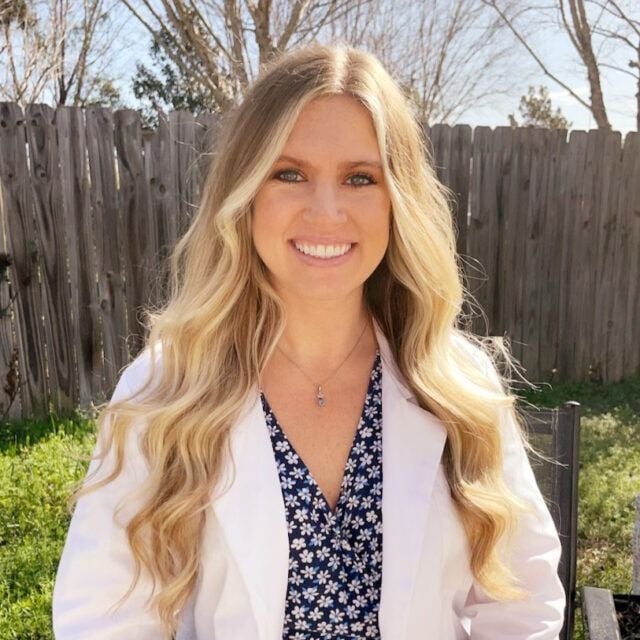
Elizabeth (Lizzie) Keen, MS, RD, LD, CNSC
Registered Dietitian Outpatient Oncology
As a Registered Dietitian at an outpatient Oncology and Multispecialty clinic, I see a wide variety of patients: cancer, rheumatology, hematology, autoimmune, diabetes, cardiac, renal, and gastrointestinal to name a few. I use Whole30 frequently as a tool to aid my patients in helping them identify trigger foods, allergies, and intolerances; manage cravings; improve GI issues, and much more. Whole30 is an amazing program that gives patients and clients the power and autonomy to regain control of their health and create more healthful, sustainable eating patterns—and the “food freedom” aspect very much aligns with my nutrition philosophy. I highly recommend Whole30 to anyone trying to positively and sustainably change their relationship with food.
Elizabeth was awarded “Recognized Young Dietitian of the Year” by the Georgia Academy of Nutrition and Dietetics in 2023
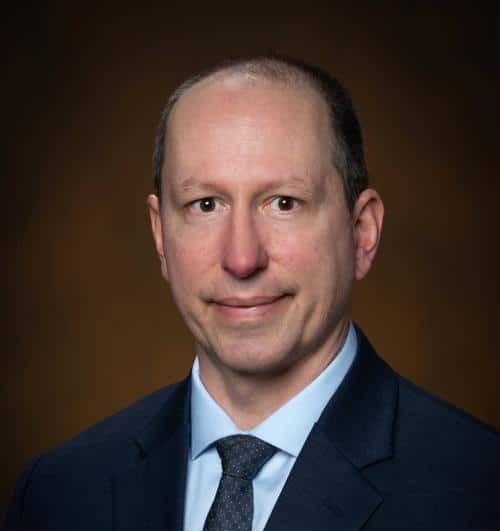
Luc Readinger, Holistic Psychiatrist
VMH Family Practice and Complementary Medicine
I have done the Whole30 and prescribe it to my patients. In my clinical practice, I have had patients lose weight, lower the amount of insulin they need to take by up to 80%, lower their hemoglobin A1c by three full points in three months, improve or completely resolve symptoms of brain fog, fatigue, and chronic pain. More importantly, patients feel better when they eat this way.

Diana Rodgers, RD
Executive Director, Global Food Justice Alliance
All dietitians should consider using the Whole30 program in their practice. I’ve been a fan of Whole30 since day one because it’s an intuitive, easy-to-follow protocol. So many people have an unhealthy addiction to ultra-processed foods, which can stimulate us to over-eat and are lacking in the nutrients we need to thrive. Through Whole30’s focus on whole foods and the fact that Whole30 doesn’t count or restrict calories, people can rediscover their natural satiety cues—and everyone is happier when they’re full. I also like that weight loss is not the goal of Whole30. Instead, participants measure progress based on how they feel, how they sleep, and other “non-scale victories” like clear skin and more energy. I even had one client see a reversal in type 2 diabetes simply by following the Whole30!

Jessica Dawson, L.M.F.T
Licensed Marriage and Family Therapist
I am a Licensed Marriage & Family Therapist and I have been working in the mental health field since 2009. I have participated in the January Whole30 myself, and learn something new each round. I believe that our mind and body are connected, and that the foods we eat have a direct impact on our physical and mental health. I encourage my patients to add nutrition to their toolbox of healthy coping skills. Patients have reported lower anxiety, stress and depression and improved sleep through the Whole30. I also use use the “Green/Yellow/Red” framework from The Book of Boundaries when helping patients develop a plan for better boundary setting. I will continue to recommend the Whole30 and The Book of Boundaries in my practice.

Abigail Dionne, MS, PA-C
Primary care Physician Associate
As a primary care Physician Associate, I work very closely with my patients using a wholistic approach to wellness, and Whole30 is one of the best resources in my toolbox. My patients rely on me to help discover the cause of their chronic pain, inflammation, digestive disorders, anxiety, depression and a host of other conditions. Whole30 serves as a wonderful foundation in this process. Through the elimination phase and the discovery during reintroduction, patients develop powerful insights and a new sense of self-confidence. Because of the impact I’ve seen the program have on so many patients’ lives, I have been wholeheartedly endorsing Whole30 for over seven years in my practice and personal life.
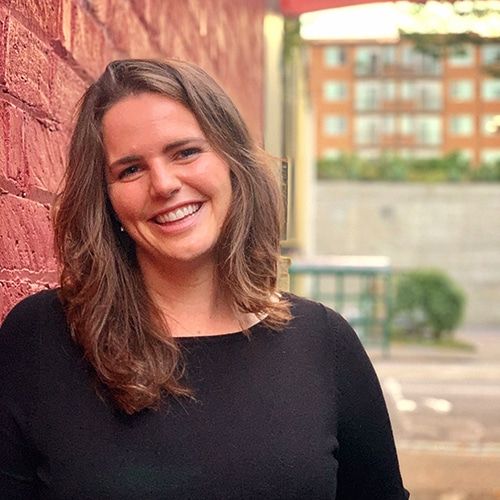
Rachel Frickleton, LMHC, LMFTA
Specialization in infertility, conception, and surrogacy
I have benefitted from the Whole30 for over a decade. As a licensed mental health professional, I often discuss nutrition with my clients as a means to explore how “external” factors may be improving or harming their mental well-being. I present the Whole30 as one avenue of exploration to clients who want to make holistic changes in their life to better their health and wellness. I also believe that a food-based program that truly incorporates and cares about diversity, accessibility, anti-racism, and the “whole person” is helpful for my clients, and makes me more comfortable presenting the Whole30 as an option to clients who have been otherwise historically marginalized. The fact that Whole30 addresses the complex and nuanced nature of physical and mental wellness makes the program far more than just a “meal plan.”
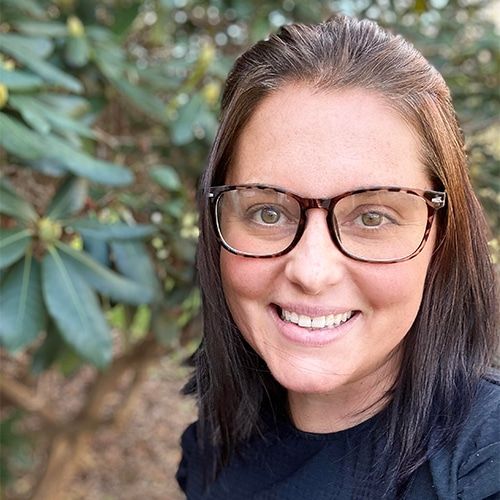
Sara Sala, MD, Holistic Psychiatrist
I am a psychiatrist and mom of four. My first experience with Whole30 was when I was diagnosed with an autoimmune disease (Graves’ disease) in my early thirties. When I asked the specialist if nutrition played a role in my condition, I was told that it did not. Confused by this, I conducted extensive research and began my own Whole30 journey. As I personally witnessed the role nutrition played in lowering my antibodies (inflammation) and putting my autoimmune disease in remission, I reflected on the limited formal nutrition education in medical school curriculum. Because of my experience, I began incorporating Whole30 practices with my patients in 2015. Countless patients have experienced improved sleep, improved mood, and decreased anxiety, among other benefits.

Annika Larson, D.C.
Chiropractor specialist
As a chiropractor, one avenue that brings people into my office is chronic pain. One chronic low back pain patient was helped by the rehab exercises, adjustments, acupuncture, and passive therapies, but nothing seemed to stick. Finally, I did the Whole30 with her as an accountability partner—and removing dairy removed her pain. It was an incredible thing to witness. Another patient was able to get off her thyroid meds and became pregnant shortly after her Whole30. I have recommended the Whole30 to hundreds of patients over my ten year career, and I often do it with them, as I have noticed huge benefits as well! I’m so thankful that the Whole30 offers providers like myself another tool in my toolbox to help people live their best lives.

Vickie Bhatia, Ph.D., Licensed Clinical Psychologist
Licensed Clinical Psychologist
As a clinical psychologist, I have used the Whole30 with clients who want to investigate the link between what they eat and their mental health. Many clients experience reduced anxiety, improved mood, greater energy, less brain fog, and reduced inflammation and pain while on the Whole30 and use the reintroduction phase to identify potential food sensitivities. In addition, during the Whole30, many clients recognize that they may be using food as their primary emotional coping strategy. We can then build and strengthen alternative skills, such as coping strategies, boundary setting, identifying their own needs, and living a life aligned with their values. Although the Whole30 may not be right for everyone (for example, individuals with a history of disordered eating), it has helped my clients make behavior changes and evaluate how nutrition can impact their physical and mental wellbeing.

Will Cole, DC, DNM, IFMCP
Functional Medicine Expert and New York Times bestselling author of Intuitive Fasting
As the founder of one of the first functional medicine telehealth centers and a specialist in the underlying factors of chronic disease, I approach patient care with the idea that “food is first.” My patients come to me with autoimmune conditions, hormonal imbalances, and digestive disorders, and though my treatment plans are always customized for the patient’s individual needs, I’ve come to rely on the Whole30 elimination protocol as a first-line option for many of them. I’ve been recommending the Whole30 since 2018, because their elimination and reintroduction protocol provides deeply personal data and gives me valuable insights about how commonly-inflammatory foods may affect each patient. Whole30 is one of the ways I help my patients learn to love food that loves them back, and I endorse it wholeheartedly after observing the Whole30 help them discover invaluable self-knowledge that empowers them–and me, as a physician–to identify their most functional, healthy lifestyle.
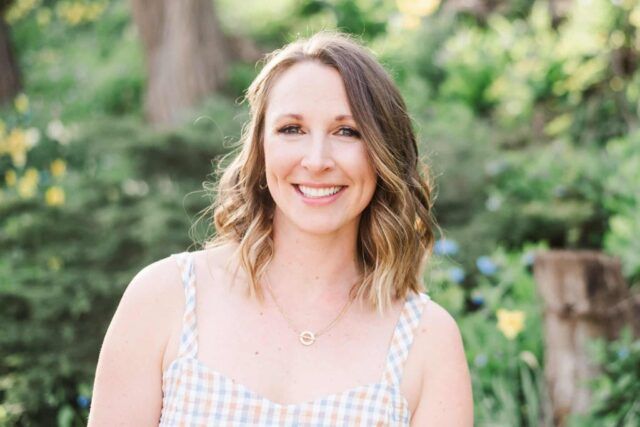
Stephanie Greunke, RD
Founder and CEO, Postpartum Reset & Co-host, “Doctor Mom” Podcast
I’ve been using the Whole30 in my clinical practice for over a decade to support patients with digestive concerns, skin irritations, headaches, low mood, and fatigue. In my experience, there’s a probable link between what my clients are consuming in their diet and the severity of their symptoms. The Whole30 is a simple, effective, and accessible protocol to help people connect their food choices to negative health symptoms and trouble with energy, sleep, and mood. The Whole30 is especially helpful when the protocol they’ve been given from their other providers doesn’t seem to be resolving the issue. I’ve witnessed hundreds of clients’ success on the Whole30 program.

Catherine Moring, PhD, RDN
Registered Dietitian Nutritionist and Certified Diabetes Care and Education Specialist
A basic internet search of Whole30 will show that participants report significant changes in their lives. As a medical professional, quantitative data to support those results is important. I’m Board-certified in advanced diabetes management, and I’m also the founder and executive director of a hospital and community wellness center. In 2018, I began to wonder if my patients’ lab results would reflect what I already observed in them—that Whole30 was helping them reclaim their optimal health. In a preliminary (unpublished) study of 62 participants, our group found that participants’ mean overall LDL cholesterol decreased by 6.33 mg/DL in just 30 days, along with a decrease in triglycerides of 24.57 mg/DL. The vast majority of patients in the study (70%) experienced lower blood sugar, and an estimated two-thirds had lower blood pressure. I believe Whole30 is a powerful tool for creating long-lasting change and multidimensional wellness. I enthusiastically endorse it and will continue to recommend it to my patients.

Gary E. Foresman, MD
Board Certified Internal Medicine
When beginning any health planning with a patient, we discuss the importance of real foods, which requires a shift in awareness. Prescribing Whole30 has led to a profound change in my patients’ autoimmune diseases and cardiometabolic health. My patients could not have the successes they have had without this whole-food based nutrition approach. Whole30 is the perfect introduction to that lifestyle and a great guide for continued success.
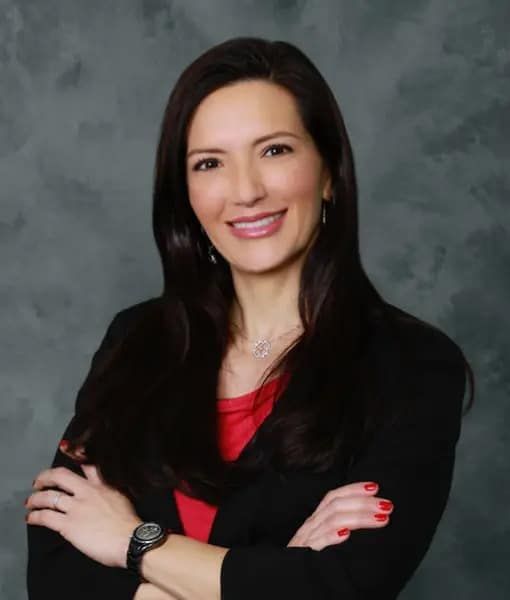
Michele Blackwell, MD, FACOG
Board Certified In Anti-Aging and Regenerative Medicine as well as in Obstetrics and Gynecology
I have personally experienced the benefits of the Whole30 program, and I wholeheartedly recommend the Whole30 plan to my patients to optimize a woman’s health during pregnancy and lactation. The nutrient-dense foods recommended provide ample vitamins and minerals without the need for the standard prenatal supplement. Eating according to the Whole30 meal plan will also help regulate blood sugars, alleviating hypoglycemic spells common in pregnancy. In addition, the Whole30 will reduce the likelihood of gestational diabetes, excess pregnancy weight gain, and possibly macrosomia (large babies) and polyhydramnios (excess amniotic fluid).
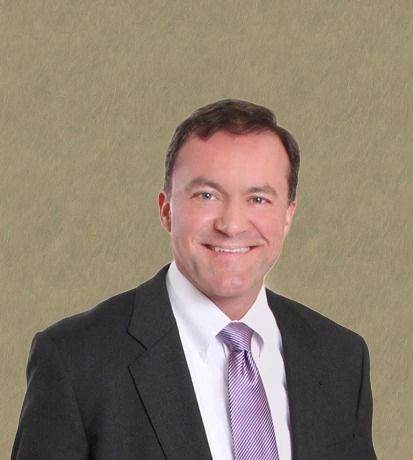
Michael Hasz, MD
Orthopedic and Neurosurgical Trained Spine Surgeon
While it’s obviously important to have excellent food quality, you also have to be in the right neighborhood with macronutrients. I tore the Whole30 meal planning template apart, put it back together, and did all the math. When all was said and done, I realized you had a really well organized plan for people. You put thought into your recommendations and your meal planning template… and you got it right.

Duncan Macdonald, LAc.
Licensed acupuncturist and Functional medicine practitioner with over 19 years of clinical experience
I use the Whole30 protocol in conjunction with acupuncture in a wide range of patients, from those looking for relief from a specific pain complaint to those suffering from more amorphous diagnosis (chronic fatigue, fibromyalgia, insomnia, etc.). I’ve had over 30 patients complete the Whole30 as part of their treatment plan. I have had two rheumatologists and a neurologist contact me to find out what kind of magic I am performing on their patients! I’ve also seen extremely good results using the Whole30 protocol in post-surgery patients who are not yet ready for active rehab. It gives them a tool to hasten their recovery and also manage post-surgical inflammation in a way drugs simply cannot.
Explore our Plant-Based Endorsements
Endorsements praising the Whole30 plant-based program highlight its transformative impact on health and well-being, emphasizing the combination of whole, unprocessed plant foods with the principles of the Whole30 approach.
Read Plant-Based Endorsements




